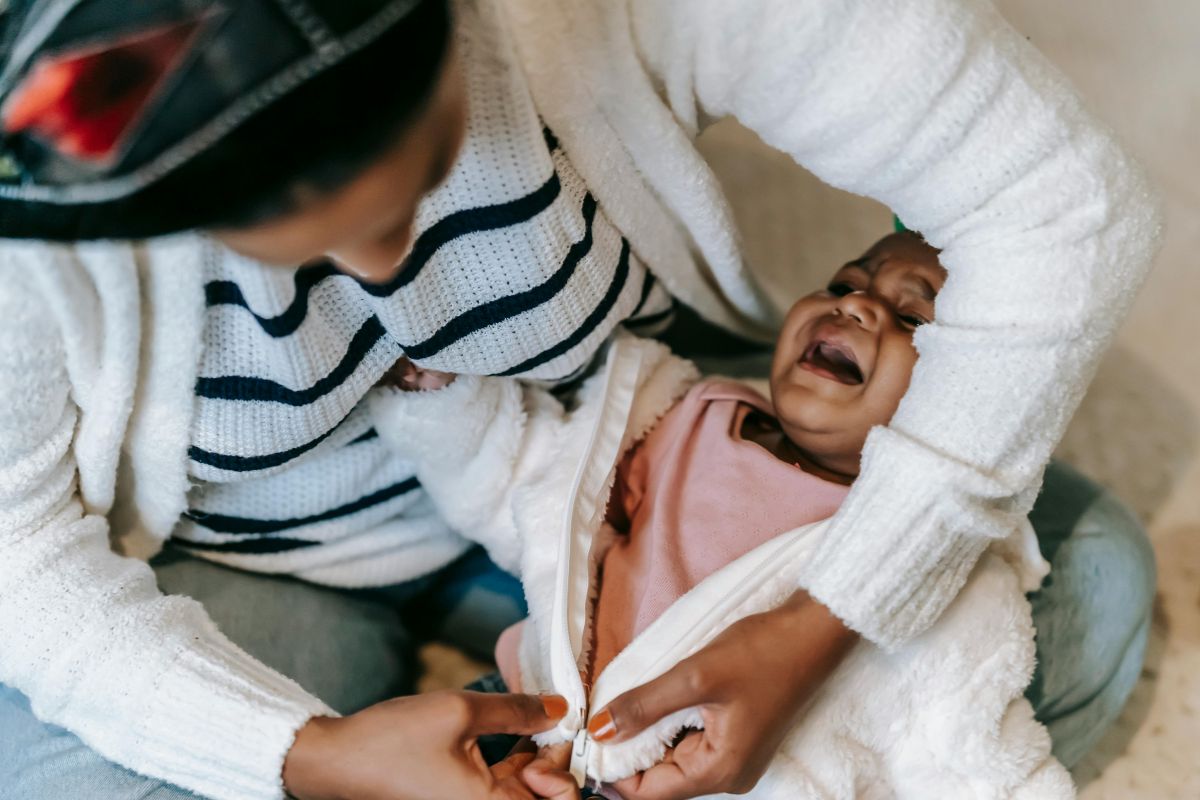
Fake promises of ‘a better life’ get Kenyan women and children trapped in Saudi Arabia
Hundreds of Kenyan women stuck in Saudi Arabia are homeless with undocumented children, trapped by laws and broken systems.

Right now, hundreds of Kenyan women stuck in Saudi Arabia are living on pavements, in crowded rooms or in hiding with their children. Some sleep on the streets of Jeddah and Riyadh, clutching toddlers and bags, with no clear way home and no papers for their babies.
How Kenyan women stuck in Saudi Arabia got here
For years, Kenyan women have travelled to Saudi Arabia chasing work as domestic workers, nannies and cleaners. Amnesty International estimates more than 150 000 Kenyans are employed there as domestic workers, many under harsh and exploitative conditions.
Reports describe kenyan women recruited with promises of salon or hotel jobs, only to end up in homes where passports are confiscated, rest days vanish and violence, starvation and unpaid wages become normal.
For some, escape from abusive employers led to an even harder reality. Without documentation, work or valid residency, they drifted into homelessness with young children in a foreign country.
The hidden crisis of Kenyan mothers and undocumented children
The sharpest edge of this crisis sits with Kenyan mothers and their children. Foreign Affairs Cabinet Secretary Musalia Mudavadi has confirmed that strict Saudi laws mean many children, especially those born outside marriage, are denied registration. Without birth certificates, they cannot get exit visas or travel home.
Senator Karungo wa Thang’wa recently highlighted the case of a Kenyan woman in Riyadh whose child underwent DNA testing three years ago, yet she is still waiting for results and permission to leave. She is not alone. There are hundreds like her, stuck in legal limbo with nowhere to go.
The Kenyan government now says it is working on interventions for undocumented mothers and children in Saudi Arabia, including talks with Riyadh and special frameworks to verify nationality and process returns.
Why this matters to Kenya and Africa
When African women leave home to support their families, their safety and dignity should not be optional. This story is Kenyan, but it could easily be South African.
It raises big questions about labour export, recruitment agencies and how our states protect citizens abroad. This case isn’t percuiar t Saudi Arabia, but in other parts of the world as well.
For South Africans, especially those living or working in the Gulf, this is a warning and a call. We need stronger bilateral agreements, tougher action on rogue agents and real support from embassies when things go wrong, not only condolences when tragedies surface online.
African women should never have to choose between feeding their families and risking their lives.
